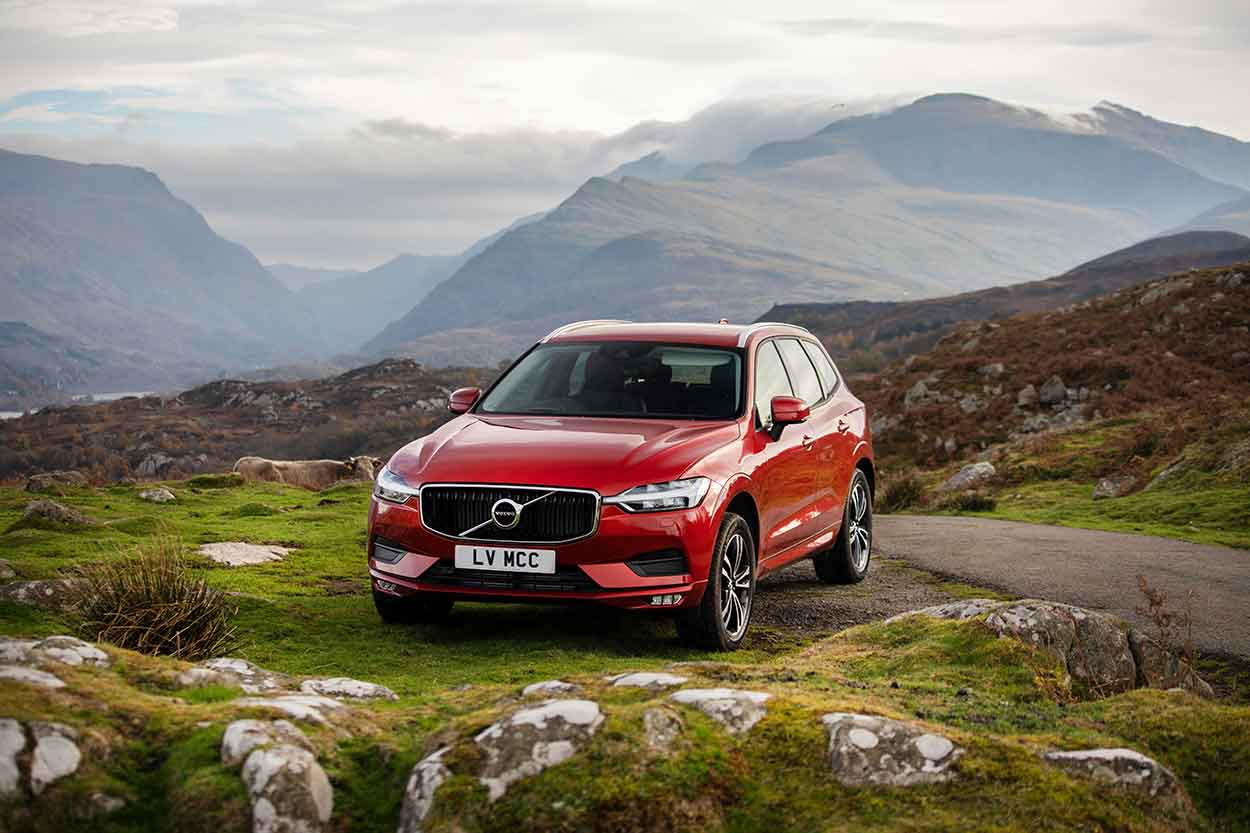Recent data from the Society of Motor Manufacturers and Traders (SMMT) has reported the fourth consecutive month of increased new car registrations in the UK, with a rise of 23.5%. This marks the strongest growth rate for the month of November since 2019.
What’s driving this rise in new car registrations, and what might it mean for both the UK new car sales market and car buyers more broadly?
What are the figures for UK new car registrations?
Despite the global motor industry’s struggle with supply chain issues, the UK’s auto market shows growth in new car registrations. This demonstrates its general resilience as well as a tentative increase in consumer demand.
Electric vehicles (EVs) continue to drive the rise in UK new car registrations, with registrations of battery EVs rising by 35.2%. This number accounts for more than one in five new cars in the month of November. It’s also the largest monthly share of the new car market held to date by EVs, at 20.5%.
Registration of plug-in hybrids (PHEVs) accounts for more than one in four new registrations, but nonetheless fell over the same period by 5.7%. Meanwhile, hybrids rose by 66.9% to comprise 11.2% total of the market. This reflects a move by fleet operators looking for emissions reductions and greater fleet flexibility.
Petrol registrations also expanded by 15% to make up 40% of the market, a notable fact given the UK’s commitment to net zero. Registrations by large fleets also grew by 45.4% year on year, with business registrations virtually doubling (though still constituting a small market share). Demand from private buyers also demonstrated a small expansion of 2.7%.
What might this mean for the UK new car sales market?
This growth in new car registrations indicates a tentative recovery for the UK market, but car sales still remain around 9% below equivalent pre-pandemic levels, even with this growth.
The growth in market share by EVs does indicate a rising preference for non-fossil fuel vehicles. However, the market share of new car registrations held by petrol cars remains almost double that of EVs. As such, Mike Hawes – CEO of SMMT – has urged the government to further invest in EV incentive schemes and build more electric charging infrastructure ahead of consumer need. This aims to incite more consumers to adopt greener vehicles and ensure that the country will meet its net zero targets.
Further recovery of the UK’s auto industry is anticipated in 2023, with current projections suggesting a 15.4% rise in market growth. However, with the cost-of-living crisis and concurrent rise in energy prices, there are still reasons to be wary of premature conclusions regarding the market’s stability. As consumers face higher costs for charging electric vehicles, there is a risk that this may cause the market to stagnate with a drop in demand for EVs. Given that EVs are driving the current rise in new car registrations, this drop would impact the market’s overall growth.
How might this affect car buyers?
It’s difficult to make any clear conclusions as to how this growth in new car registrations might impact car buyers. Certainly, the demand for EVs and hybrid cars is only likely to increase, backed by government commitments towards net zero.
The UK government has promised an investment of £12 billion towards a net zero target by 2030, and reaffirmed their commitment towards transitioning to 100% zero emission cars and vans in the wake of COP26. The roadmap for achieving this transition includes steps such as ending the sale of new petrol and diesel engine cars, with a complete ban in 2030, and ensuring that all new cars and vans are zero emission by 2035. There’s also greater investment (specifically a commitment of £5 billion) to infrastructure, manufacturing and R&D for EVs.
However, EVs remain more expensive at initial purchase, which – in combination with the aforementioned rise to cost-of-living – may make consumers more resistant to purchasing brand new electric motors.
How to finance a new electric vehicle
For drivers looking for a way to reduce their carbon footprint and upgrade their car at the same time, opting for an EV or hybrid is an ideal choice. However, it can be a costly move, which is where car finance comes in.
If you’re looking for an affordable, accessible way to purchase an EV, you can use our car loan calculator to see the kinds of finance agreement you may be eligible for. Alternatively, email one of our team at enquiries@mycarcredit.co.uk.
Rates from 9.9% APR. Representative APR 12.4%
Evolution Funding Ltd T/A My Car Credit
Require more help?
Got a question you can’t find the answer to, or need some advice and guidance around taking out car finance? Our Car Credit Specialists are friendly, experienced, and here to help so get in touch today!





